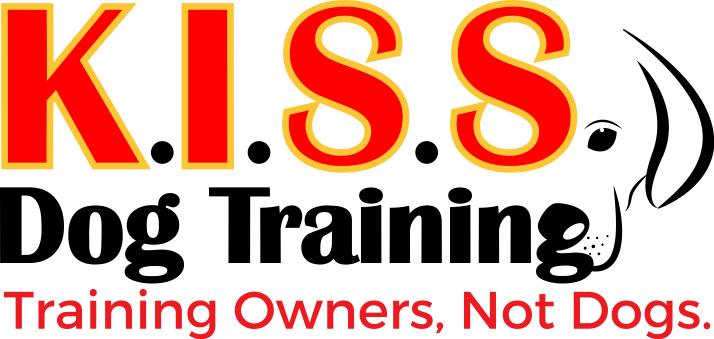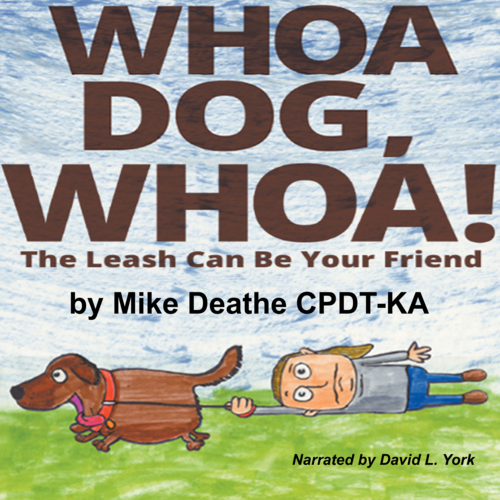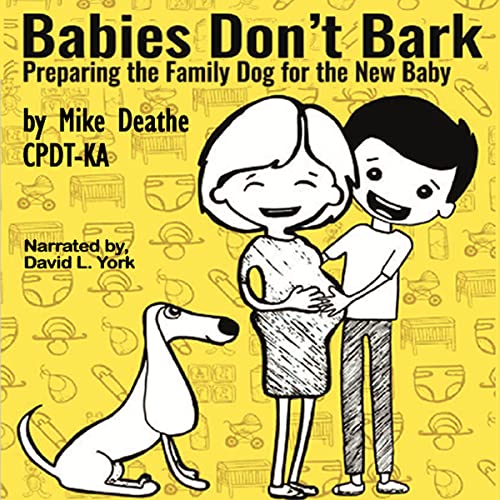Bite Inhibition in Dogs/Puppies:
General
So just what is bite inhibition? Well it means a dog has learned to be gentle with its mouth. Some folks call this having a soft mouth. In the end I guess it really means that we have a dog we don’t worry about doing damage with its mouth… Let me give you an example:
Dog A: Is a therapy dog and is great with people, obedient in all aspects, a great dog. After a day of working in the local nursing home, dog and owner head to the car to go home and tragedy strikes. The owner accidentally shuts the dog’s tail in the car door! In the process of trying to get the door open the dog bites the owner and the owner ends up with 6 stitches Moral of Dog A’s story, a social dog is not the same things as a dog with bite inhibition or a soft mouth.
Dog B: Is also a therapy dog and is great with people, also obedient, once again a great dog. This dog works in elementary schools and her owner takes her to the lake all the time to swim! Unfortunately, while at the lake this dog got a small piece of glass embedded in one of her paws, it became infected and swollen. The owner took the dog immediately to the vet and during the examination the vet squeezed the paw to see if the infection would come out manually… The owner was in the room and was assisting the vet by holding the dog’s head. The moment the vet squeezed the paw the dog howled in pain and turned on her owners arm and bit! However the difference in this story was the minute this dog realized there was an arm in her mouth, she released pressure and basically started whimpering and mouthing the owners arm. Much the same as someone squeezing a friends hand when in pain… Moral of Dog B’s Story, a dog must be taught and encouraged to have a soft or inhibited bite! How do I know this, well Dog B was my dog Leo!
So just how do we teach this valuable skill?
Well I am going to make this short and sweet there are three things I would recommend:
1. Hand feed your dog or puppy for the first 30 days… Where do you think the old saying “don’t bite the hand that feeds” comes from!
2. Control, monitor and use squeaky toys as a way to create a soft mouth… In other words don’t let your dog’s dissect or destroy their toys. Simply take the toy away for a quick 10-15 second time out each time the toy squeaks! Over time they will learn to be gentle with their toys as well as your hands.
3. Practice what I call cradle and message… This is a touch game or message for the dog that is paired with the hand feeding that gets the dog used to having the “hot spots” touched; such as the feet, mouth, tail and ears. Let’s face it touch sensitivity is an issue with all sorts of mouthing issues with dogs!
As with all things in dog training, putting the proper rules and routines in place is the key to success…
1. This is a skill that is much easier to teach to a puppy or young dog.
2. If you know that your dog has a hard mouth do not try these techniques without consulting a trainer first. The methods for these dogs are much different.
3240 Total Views 1 Views Today
Related Posts
Search Blogs
Most Popular Posts
K.I.S.S. Dog Training proudly serves the Kansas City Metro, Overland Park and Surrounding Areas. 40 miles, 20 miles each way from Shawnee, KS is included for In-Home Sessions... Over that mileage is an additional charge of $1.00 per mile... Call with Questions
Contact Us Today!
K.I.S.S. Dog Training
Shawnee, Kansas
(913) 269-7595






